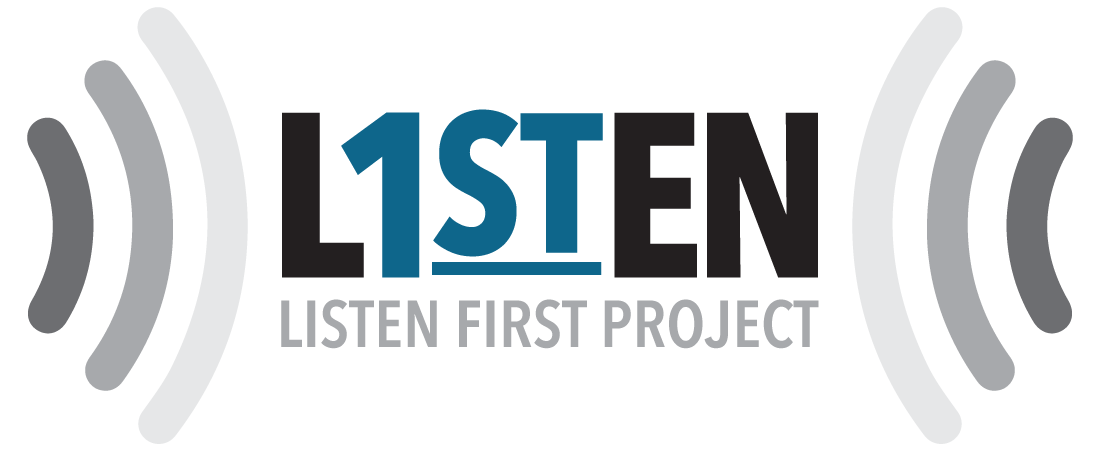The Confederate Flag: A Black and White Issue
The Confederate Flag, its meaning and its symbolism has been a big topic of discussion recently in the U.S. Although the debate has been in and out of media throughout time, the recent removal of the flag from the South Carolina Capitol building has sparked deep emotion, protests, debates, and to say the least, a philosophical divide on race, historical symbols, and artifacts in the United States.
For centuries blacks across America have called for the removal of the flag that to them, symbolizes white supremacy, slavery and a history entrenched with the mistreatment of blacks. As a black man in America, my obvious inclination is to see ONLY that perspective of the flag. I mean how could I see anything else? However, a couple of weeks ago I engaged in a conversation with a colleague who I respect and whom I might add is white. Although I was well prepared to “preach my sermon” on the plight of the African American and how the flag screams racism, I found myself surprisingly in a very unique place. I found myself considering a different perspective, a different view and the possibility of what the flag could mean to someone other than a black person.
During this discussion, my colleague shared that as a white southerner born in the early 80s, his view of the flag was symbolic of southern pride and tradition. To him, the flag was reminiscent of geographical esteem, southern hospitality and the land he loves. He explained that not once had the flag represented racism or slavery until it was pointed out to him by others. I began to explain the factual history of the flag, the Civil War and the use of the flag through the Jim Crow years as a form of racial intimidation of blacks. My colleague conceded that he could rightfully understand a black person’s view of the flag given the history of the South. However, he thought it was important to note that while that may be justifiably the symbol of the flag to blacks, understand that every white person wearing or waving the flag does not do so with racially motivated intent. To some the flag is purely a representation of southern pride. I marveled at how a flag, to me, had one meaning but meant something totally different to someone else. It was almost unbelievable, but seeing the conviction in how my colleague spoke of this symbol had me consider a new viewpoint.
Our conversation then went further to speak to the inherent bias we both have on race and the obvious perspective divide based on our life’s experiences. For me, my most salient identity and what guides my interactions in the world is my race, my blackness. In contrast, my colleague explained that rarely does he think or ever consider his whiteness and what that means as he navigates the world around him. Discovering that blunt distinction between my colleague and I regarding race offered insight to how some whites may look at a flag that, to me, carries such ugliness and while they only see southern pride and a history that should not be forgotten.
To say I walked away from the conversation with an overhaul in my perspective of the confederate flag would be an untrue statement. However, I did find myself attempting to see a perspective different from my own, which in turn lends itself to a non-antagonistic conversation where views were valued, respected and considered.
It is my belief that the conversation of race has to begin with a recognition of everyone’s own racial bias as well as recognition of our limitations in fully understanding what it means to be the race of another in the U.S. Despite our natural limitations, it should not preclude opportunities for people of all walks to STOP and LISTEN with the concerted intent to understand in order to fully engage in this conversation of race. And hopefully one day we will all truly understand that we are not much different from each other. We all desire the basic life fundamentals: life, liberty and the pursuit of happiness.
Alan Jefferies, human resources professional and mentor
February 2016

